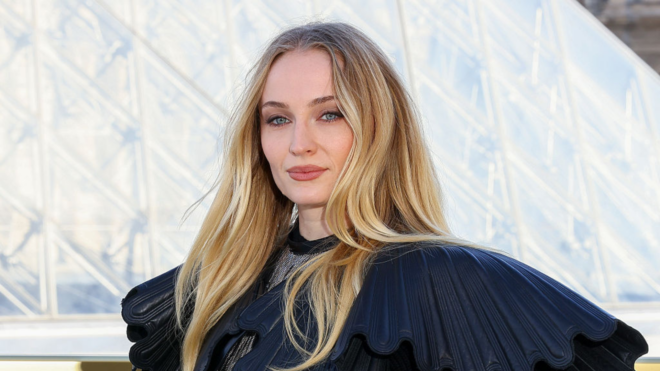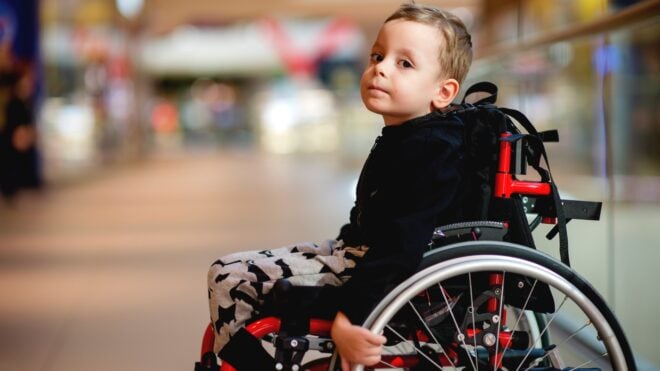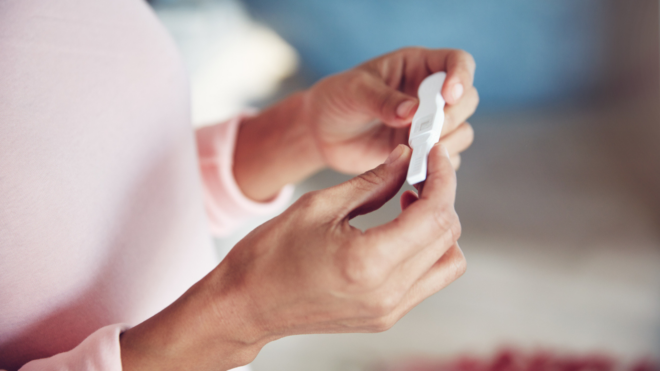
I’ve spent this entire week bopping around the house to Lizzo’s new album, Special. “Am I ready to be loved?” I sang out loud as I did the dishes.
“Am I ready to be loved?” I belted as I drove to work with the windows down.
“How am I supposed to love myself when I don’t like myself,” I cried as I crawled into bed at the end of the day.
Special has been making waves since it dropped this month, earning praise as a "radical political statement" about women’s rights at a time when bodily autonomy has been stripped away. For me, and every other mom raising young girls, it meant something equally profound. Though Lizzo has always been unabashed about body positivity and self-love in her previous albums, this hit different. Special is about learning how to love yourself — inside and out — even when it’s hard to do it.
I understand that sentiment well
My parents completed their first grapefruit and beet diet when I was 8. I sweated through Buns of Steel and Tae Bo in front of the living room television starting at the age of 12 (and continued to do so almost every single day until I graduated from high school). Like almost every other American woman, my relationship with food, exercise, and body image is complicated. The societal expectations we put on young girls and women in this country to be perfectly thin, compounded by imagery from celebrity news and social media, makes it virtually impossible for them to escape negative thoughts about their physical appearance. Some studies show that up to 50% of girls are “unhappy with their bodies” by the age of 13, and that number grows to 78% by the age of 17.
Our ideas about what makes women beautiful are not only unrealistic and harmful to individuals, they also hinder women’s progress at-large in the workplace and at home because when women are less secure about their physical appearance, they’re also less sure of themselves overall.
How can you fully and confidently express yourself to the world when self-critical thoughts about your appearance are floating around in your brain at least once a day? Or how about a dozen times? A 2011 Glamour survey revealed young women have an average of 13 negative thoughts about their bodies per day — and those were the days before TikTok, Instagram, and other social media were invading our lives 24/7 like they do today.
The way we see and value ourselves physically translates into how we regard ourselves in general
As a pediatrician, I care for patients with disordered eating and full-blown eating disorders daily, and watch them question who they are at the deepest levels. If you’re suspicious about and dissatisfied with your physical appearance, you also cannot fully trust your core attributes — your intellect, your leadership skills, or your decision-making abilities. As women, the way we see our own bodies can ultimately handicap how we effectively contribute to the world.
My own early relationship with food sparked a struggle to love my body that lasted well through my adolescence and adulthood — and still threatens to derail me every single day. Even though I’ve mastered so many other applications of evidence-based self-love practices like radical acceptance and mindful self-compassion, the negative way I’ve always seen my body is hard to shake. Developing a healthy view of my physical being will be a lifelong journey for me, just like it is for almost every other adult woman I interact with both personally and professionally.
I’m not naïve enough to believe that the positive impact of Lizzo’s album will be all it takes to make a sea of change in body image for all of us. There’s just too much negative input we all receive. As a parent, I watch my own children come across pencil-thin actresses on their favorite streaming shows. As a pediatrician, I’m aware of the celebrity social media profiles that promise “melt fat quick” tricks to my vulnerable patients. As a mom with her own imperfect body image, I feel the energy it takes for me to break the cycle of self-hate and body shaming I could so easily pass on to my own kids if I’m not intentional about the way I talk and act. It’s relatively easy for me to never utter the word "diet" in my household, but making sure I don’t label carbs as "junk" or ask for "just a small slice" of the birthday cake is quite another feat.
Still, I have hope
Especially when I see this generation of artists like Lizzo celebrating diverse shapes and sizes, and eating more for pleasure and energy than to fit a certain size of jeans, I have hope — both for moms like me and for the kids we’re raising. I have hope that, however slow, things are changing and that we’re starting to get angry about the mold we’re supposed to fit into; that we’re starting to say, “enough is enough” when it comes to hating our bodies and questioning our value because of how we look; that we’re starting to openly celebrate amazing body-positive pioneers like Lizzo. I have hope that someday soon we will be able to say with honesty, “I like myself” when we turn in for the night.




